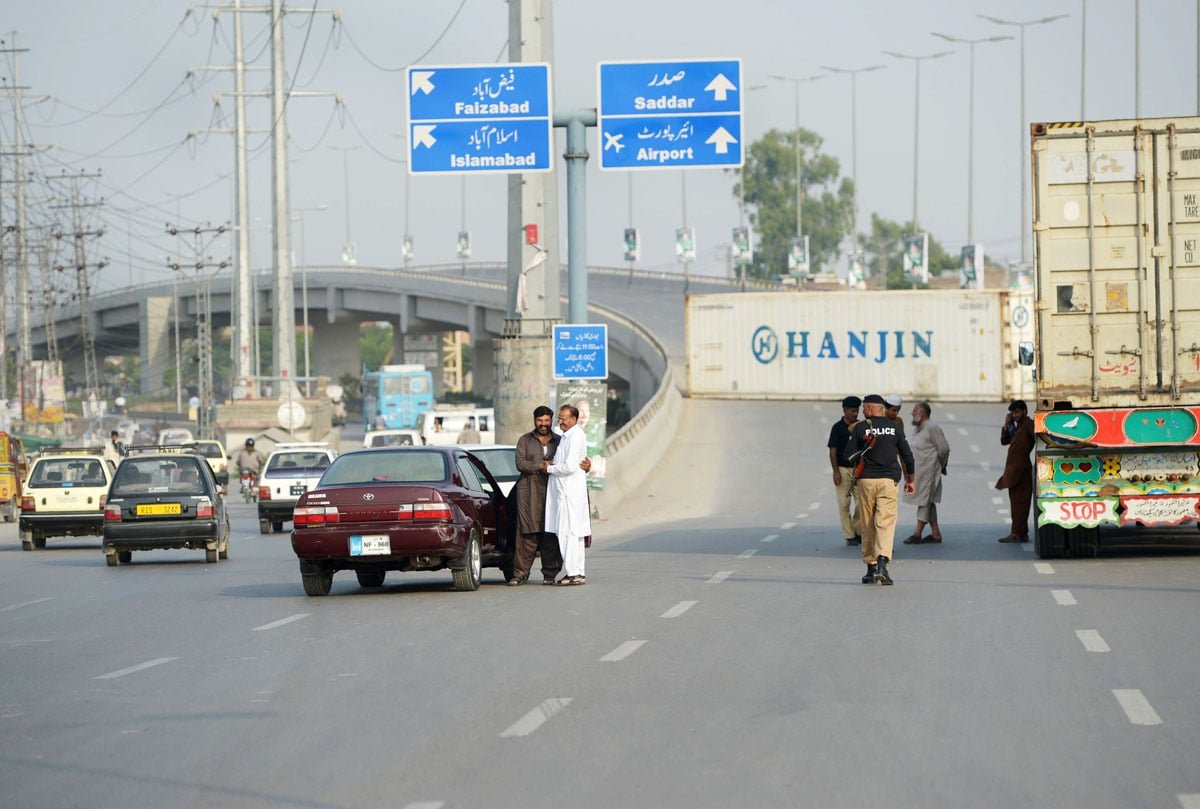Editorial
The role of the United Nations (UN) in addressing global issues has been a topic of much debate and scrutiny. While the UN’s General Assembly has the potential to address major transborder problems, the current structure of the organization, particularly the power dynamics within the Security Council, has posed significant challenges in achieving effective multilateral engagement.
The Security Council, dominated by the permanent five members and the use of veto power, has often led to deadlocks, hindering the resolution of pressing global issues such as climate change, conflicts, and poverty. Additionally, other UN agencies dedicated to development issues rely heavily on financial assistance from powerful countries, impacting their ability to fulfill their mandates.
Despite these challenges, the UN General Assembly, along with affiliated agencies such as the Human Rights Council, has been actively engaged in debating and highlighting critical issues such as the Israeli-Palestinian conflict, inter-state disputes, and human rights violations. This active engagement serves to keep the global community informed and aware of the UN’s efforts. Furthermore, the UN has outlined sustainable development goals aimed at improving the lives of people worldwide.
In an effort to enhance the UN’s effectiveness in addressing global challenges, the 79th session of the UN General Assembly recently adopted a ‘Pact for the Future.’ This ambitious pact aims to promote peace and security, improve global governance, address climate change, and empower marginalized groups, among other objectives. However, the practical implementation of these goals may be hindered by the realpolitik motivations of powerful states and the influence they exert on multilateral agencies.
Notably, the ‘Pact for the Future’ calls for reforming global financial institutions and the UN system itself, emphasizing the need for more representative global mechanisms. Proposals such as creating citizens or parliamentary assemblies for global bodies and exploring alternative funding models beyond traditional aid tied to neoliberal conditionalities have been discussed. Additionally, the idea of implementing ‘solidarity taxes’ and establishing a global environment agency with meaningful authority and funding has been proposed as potential solutions.
While these innovative ideas have been raised, there is a crucial need for greater mainstream attention and consideration within UN platforms to ensure meaningful improvements in the lives of marginalized populations worldwide. The path to achieving global change through the UN will require a concerted effort to address power imbalances, foster inclusive multilateralism, and prioritize the well-being of all nations. This emphasis on inclusive multilateralism underscores the importance of global cooperation in addressing pressing issues.















